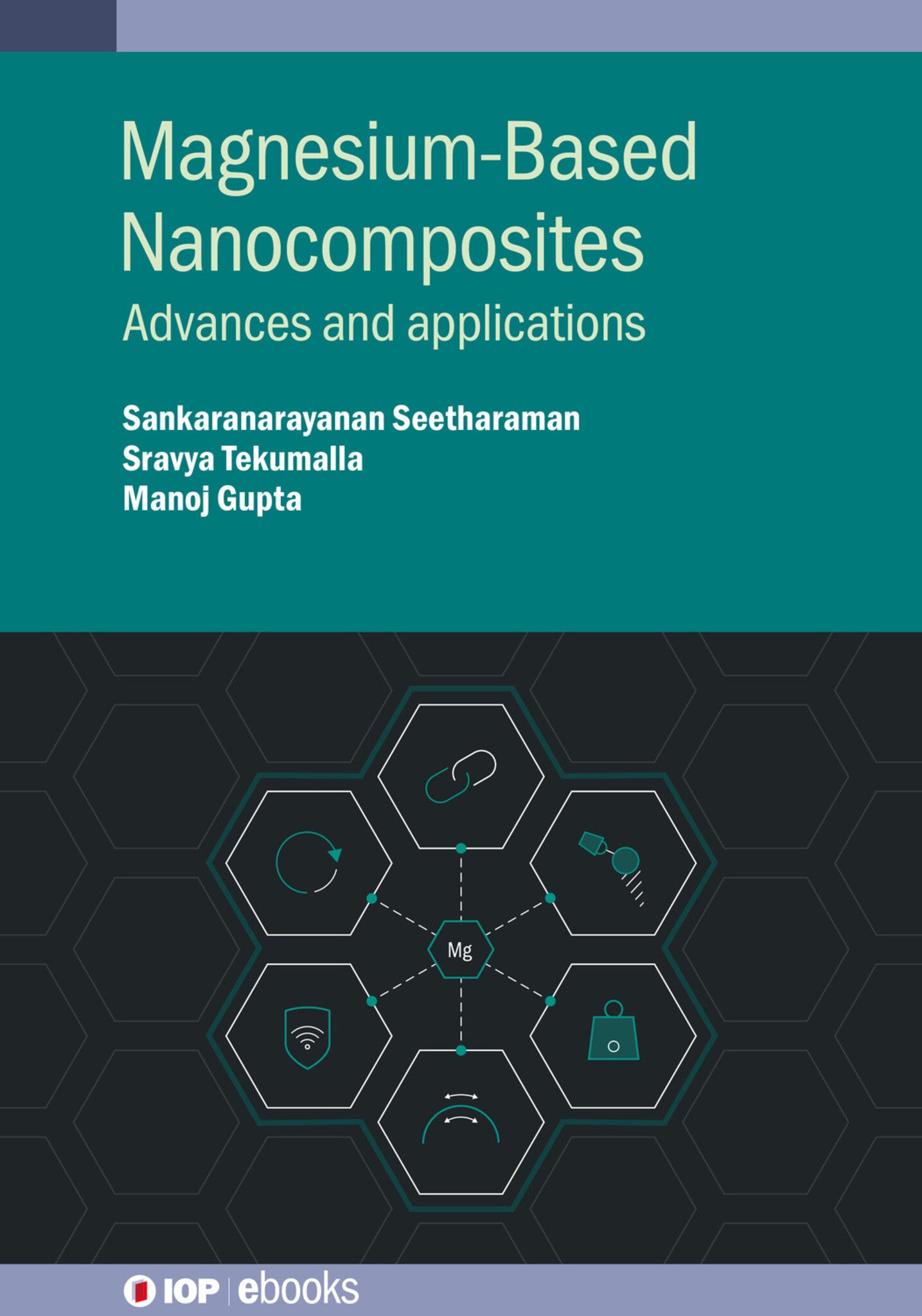We're sorry. An error has occurred
Please cancel or retry.
Magnesium-Based Nanocomposites

Some error occured while loading the Quick View. Please close the Quick View and try reloading the page.
Couldn't load pickup availability
- Format:
-
10 November 2020

Magnesium-Based Nanocomposites: Advances and applications covers the most recent advances in the processing and properties of magnesium-based nanocomposites, which are a class of lightweight sustainable materials with the potential to be revolutionary energy-saving materials and a range of beneficial applications. It provides a complete picture of the materials, including their multi-faceted design and applications in technology, electronics, medicine, and the automotive and aerospace industries.
The book will enable researchers and engineers, irrespective of their discipline, to better exploit the benefits of magnesium-based nanocomposites for multiple applications that can contribute significantly to the safe health of humans and the planet. It also acts as a guide for tailoring materials for targeted applications, and as useful supplementary reading for advanced courses on composites and nanocomposites.
Key Features
- Covers the fundamental science and most recent advances in the processing and properties of magnesium-based nanocomposites across multiple fields of research
- Provides comprehensive coverage of material properties with emphasis on the effects of different types of nano-scale reinforcements
- Includes the multi-faceted design of the materials and their applications in technology, electronics, medicine, and the automotive and aerospace industries
- Acts as a guide for tailoring materials for targeted applications, and as supplementary reading for advanced courses on nanocomposites

TECHNOLOGY & ENGINEERING / Materials Science / General, Engineering applications of polymers and composites, TECHNOLOGY & ENGINEERING / Nanotechnology & MEMS, TECHNOLOGY & ENGINEERING / Biomedical, Nanotechnology, Biomedical engineering

The
authors also acknowledge the research funding received from the Ministry of
Education, Singapore (Grant number #R265000622112).



